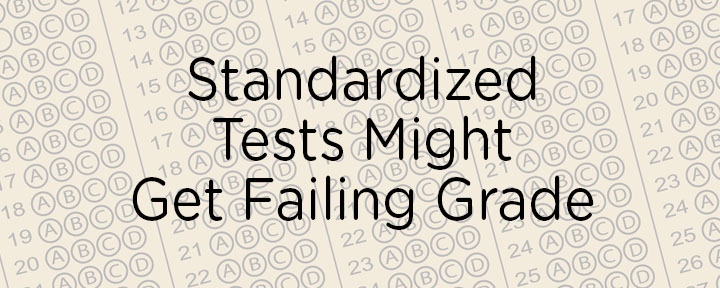
Now that it’s been 4 years since COVID forced all schools to conduct online lessons and create tests to evaluate students in remote classrooms, students have had plenty of time to find ways to cheat on exams. It used to be that a cheater might write down formulas or facts on their forearms and glance at them when the teacher wasn’t looking. Or, friends who took the class before yours would tell you some of the questions on the test so you had time to get the answer before it was your turn. Other more sophisticated students would bribe the student TA (teacher’s assistant) to change their scores in the class grade book.
Today, students pay Exam Rabbit, a contract cheating company, about $250 to take the exam for them. For the student, it’s really simple. All they need to do is have their student ID, be in a secure location (without other computers, tablets, and phones), and pretend to take the test. Teachers in high school and professors in college use AI-powered proctoring services such as Honorlock and Proctorio to detect if the student glances away from the screen for a prolonged period of time – presumably to look at their notes, books, or other sources that aren’t allowed during the test. As long as the student pretends to take the test by reading the questions and staying engaged, most proctoring services will not detect cheating.
Exam Rabbit and other cheating services set up a VPN to hide their location (usually outside the US) and the remote-controlled platform that allows them to take control over the student’s computer. The cheating service has experts who answer the questions directly on the student’s computer. As long as students stay focused on their screens and don’t act suspiciously, students can get away with cheating on these online tests.
Studies show that students cheated twice as often in 2021 than they did in 2020 at the start of the pandemic. 77 percent of professors believe that students are more likely to cheat in online testing than in brick and mortar classrooms. This is problematic because 50 percent of courses at many colleges are fully online and 75 percent of students now take at least one online class each year.
Not all cheating students pay $250 to Exam Rabbit but many cheat by sharing their login information with a cousin or friend who then takes the exam for them. Donald Trump allegedly paid someone to take the SAT for him so he could get into Wharton. This kind of cheating has been going on for decades.
While cheating is wrong on so many levels, new developments may make students rethink how they cheat and whether or not it’s worth the risk. When they use Exam Rabbit or any program that takes over your computer, these companies can blackmail the student because they have video footage that shows the student’s image and their student ID. This would mean expulsion at their school or college and that video footage could be damning for careers and employment in the future if it were released on social media. Companies like Exam Rabbit have blackmailed students whose payments bounced by threatening to release the video of them cheating on the exam.
In a time where cancel culture can destroy reputations, students should consider the ramifications of blatantly cheating and having digital records that tie themselves to these unethical acts. Wouldn’t it be better to meet with the professor or teacher during office hours to learn the material? If the course is too advanced for the student, they always have the option to drop the course and retake it at another time. If college is too demanding, maybe the student should consider other career options. College is expensive and the ROI is not always positive. Parents, if your child is cheating on exams, take this opportunity to reevaluate their goals and support them in choosing a new direction if that is what they need. And above all else, let’s instill ethics and honesty in our children.

